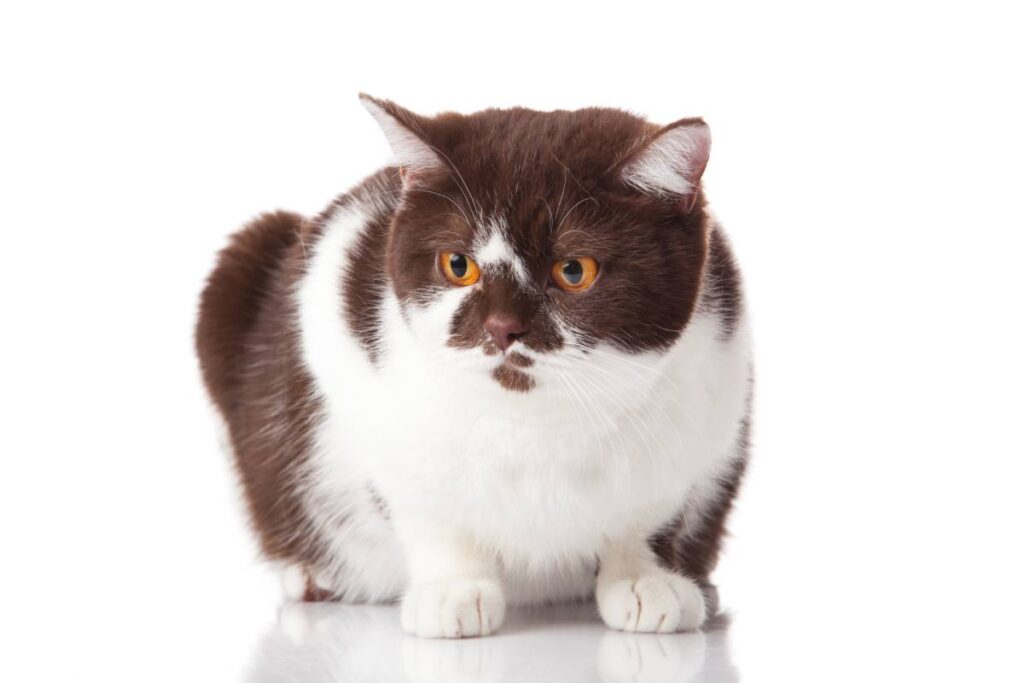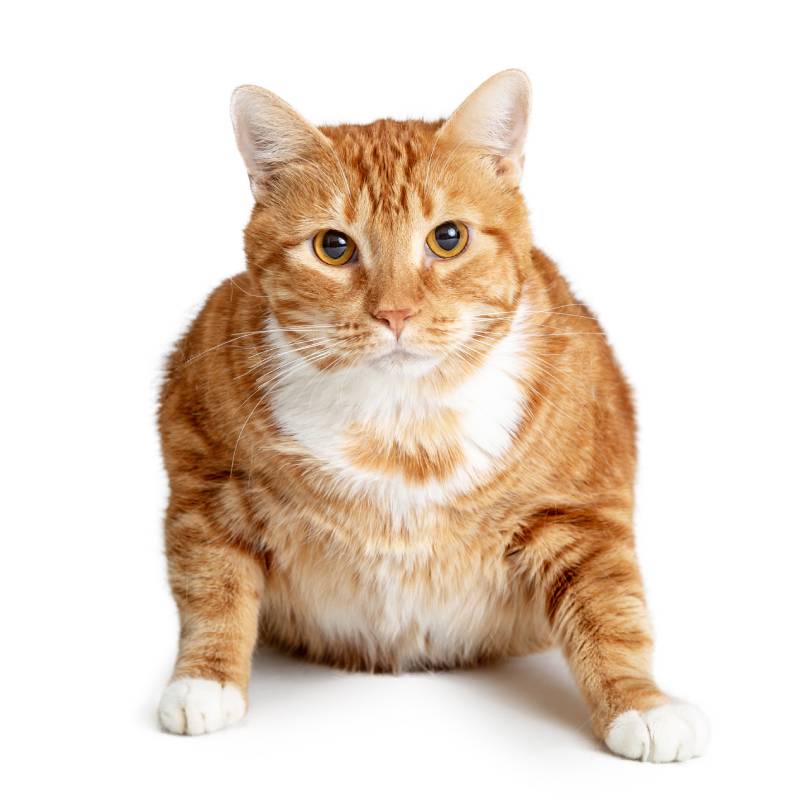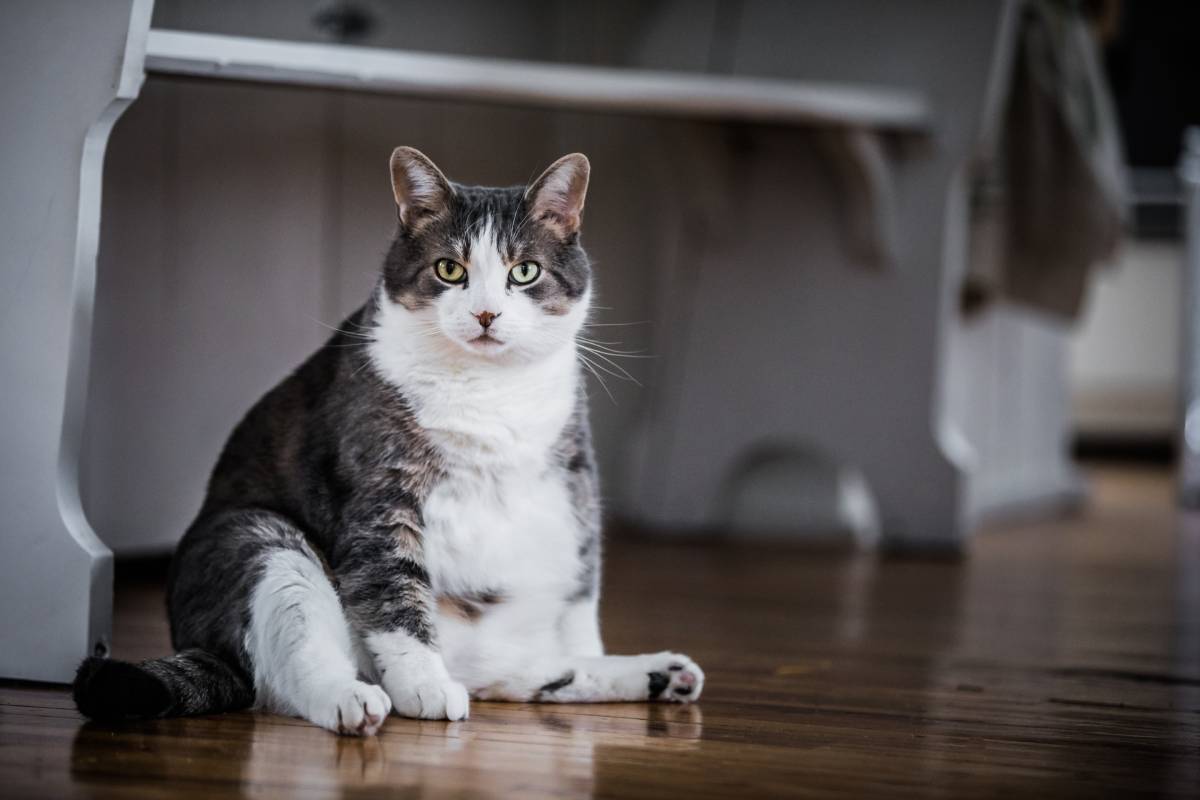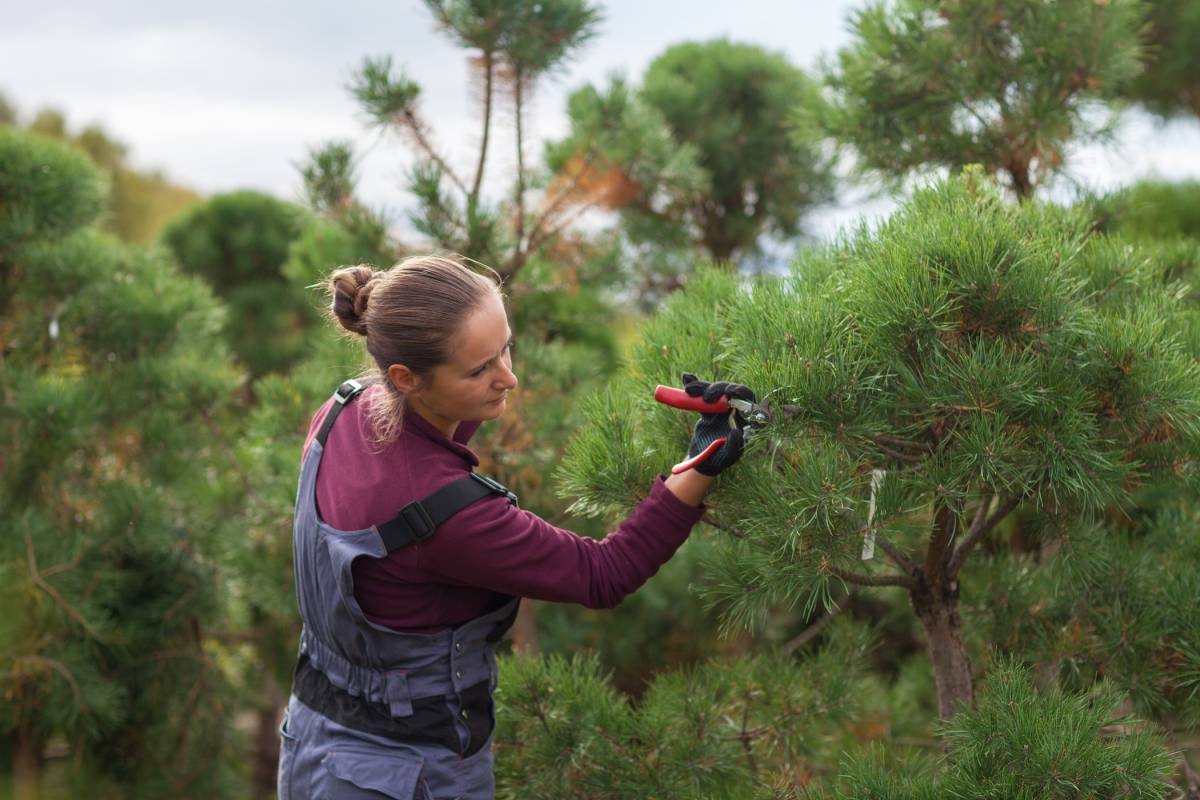How Much Weight Is Overweight for Your Cat?
Cats come in all shapes and sizes, and their ideal weight can vary significantly based on their breed, age, and overall health. Determining whether your cat is overweight is crucial, as carrying excess weight can lead to serious health problems, such as diabetes, joint issues, and heart disease.
In this article, we’ll discuss how to identify if your cat is overweight, the health risks associated with feline obesity, and tips to help your furry friend achieve a healthy weight.
What Is the Ideal Weight for a Cat?
Most domestic cats typically weigh between 3.5 to 5.5 kilograms (7.7 to 12 pounds), depending on their breed and size. For example, a Siamese cat may weigh less, while a Maine Coon can be healthy at 6 to 9 kilograms (13 to 20 pounds). Therefore, the “ideal weight” for your cat depends largely on its specific breed and body frame.
To determine if your cat is overweight, veterinarians use a Body Condition Score (BCS). This scale ranges from 1 to 9, with 1 indicating a cat is severely underweight, 5 being ideal, and 9 indicating severe obesity.
Signs Your Cat May Be Overweight
Here are some indicators to look for:
- Difficulty Feeling Ribs: You should be able to feel your cat’s ribs with gentle pressure. If a thick layer of fat prevents this, your cat may be overweight.
- Lack of Waist: A healthy cat should have a visible waistline when viewed from above. An overweight cat will appear round or barrel-shaped.
- Fat Pads: Overweight cats often develop fat pads, particularly around the abdomen and at the base of the tail.
- Reduced Mobility: If your cat struggles to jump onto furniture or seems less active, excess weight could be the cause.

What Causes Cats to Become Overweight?
1. Overfeeding
Many pet owners unknowingly overfeed their cats, especially if free-feeding dry food. Cats need only a specific number of calories daily based on their weight, age, and activity level.
2. Lack of Exercise
Indoor cats are particularly prone to weight gain because they have fewer opportunities to engage in physical activity.
3. Treats and Human Food
Giving your cat treats or human food can quickly add calories to their diet, contributing to weight gain.
4. Age and Hormones
Older cats and those that have been spayed or neutered often have slower metabolisms, making them more prone to weight gain.
Health Risks of Being Overweight
Feline obesity is not just a cosmetic issue; it can have serious consequences for your cat’s health.
1. Diabetes
Overweight cats are at a much higher risk of developing diabetes mellitus. Excess fat interferes with insulin function, leading to blood sugar imbalances.
2. Joint Problems
Carrying extra weight puts strain on your cat’s joints, increasing the risk of arthritis and reduced mobility.
3. Heart Disease
Obesity can contribute to hypertension and heart disease, both of which are dangerous for your pet.
4. Shortened Lifespan
Studies show that obese cats tend to live shorter lives than cats with a healthy weight.
How to Determine Your Cat’s Ideal Weight
To determine your cat’s healthy weight range, consult your veterinarian. A vet will assess your cat’s body condition, overall health, and breed standards to provide personalized guidance.

Calculating Calories
Your vet can also help calculate the number of calories your cat needs daily to maintain or lose weight. On average, a healthy, moderately active cat needs about 20 calories per pound of body weight per day. For weight loss, this number is reduced slightly.
How to Help Your Cat Lose Weight
If your cat is overweight, there are several steps you can take to help them achieve a healthier weight:
1. Portion Control
Measure your cat’s food carefully using a kitchen scale or measuring cup. Avoid free-feeding, as this encourages overeating.
2. Choose the Right Food
Switch to a high-protein, low-carbohydrate cat food designed for weight management. Look for options with healthy, natural ingredients and consult your vet for recommendations.
3. Encourage Exercise
- Interactive Toys: Use feather wands, laser pointers, or balls to encourage playtime.
- Cat Trees: Provide climbing opportunities to keep your cat active.
- Scheduled Playtime: Dedicate 15–30 minutes a day to interactive play.
4. Limit Treats
Choose low-calorie treats or offer small portions of healthy options like cooked chicken. Treats should make up no more than 10% of your cat’s daily calorie intake.
5. Monitor Progress
Weigh your cat regularly to track their progress. A healthy rate of weight loss is 1-2% of their body weight per week.
How to Prevent Weight Gain in Cats
Prevention is always better than treatment. Here’s how you can keep your cat at a healthy weight:
- Establish a Feeding Schedule: Feed your cat at set times instead of leaving food out all day.
- Maintain Regular Vet Checkups: Regular visits to the vet can help you monitor your cat’s weight and overall health.
- Provide Mental Stimulation: Bored cats are more likely to overeat. Rotate toys and introduce puzzles to keep your cat mentally engaged.
When to Seek Veterinary Help
If your cat’s weight doesn’t improve with diet and exercise changes, it’s time to consult your veterinarian. They may recommend blood tests to rule out underlying conditions such as hypothyroidism or metabolic disorders.
Special Considerations for Senior Cats
Older cats often experience changes in metabolism and activity levels, making them more susceptible to weight gain. A senior cat’s diet should be tailored to meet their specific needs, focusing on high-quality protein and limited calories.
Final Thoughts
Maintaining a healthy weight is essential for your cat’s long-term health and happiness. By being mindful of their diet, providing opportunities for exercise, and monitoring their weight regularly, you can ensure your furry friend stays fit and active for years to come.
If you’re ever in doubt about your cat’s weight or how to help them lose it safely, don’t hesitate to consult your veterinarian. A healthy cat is a happy cat, and your efforts to keep them at their ideal weight will pay off with a longer, healthier life for your beloved pet.














Post Comment